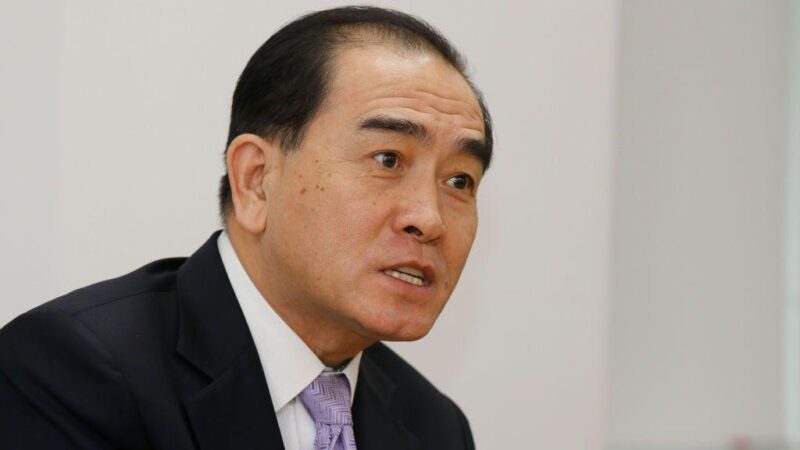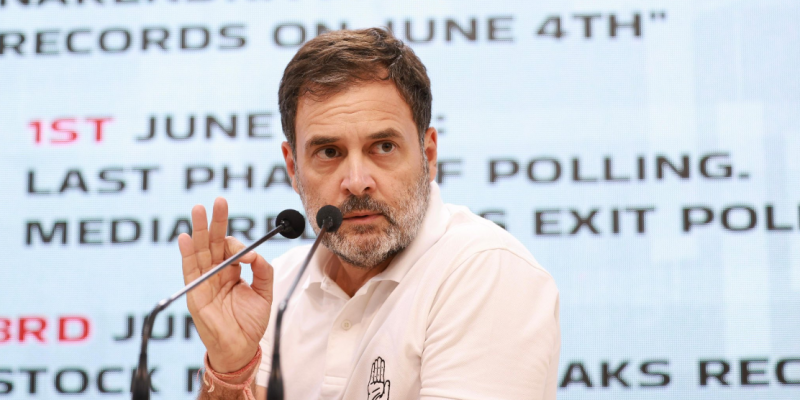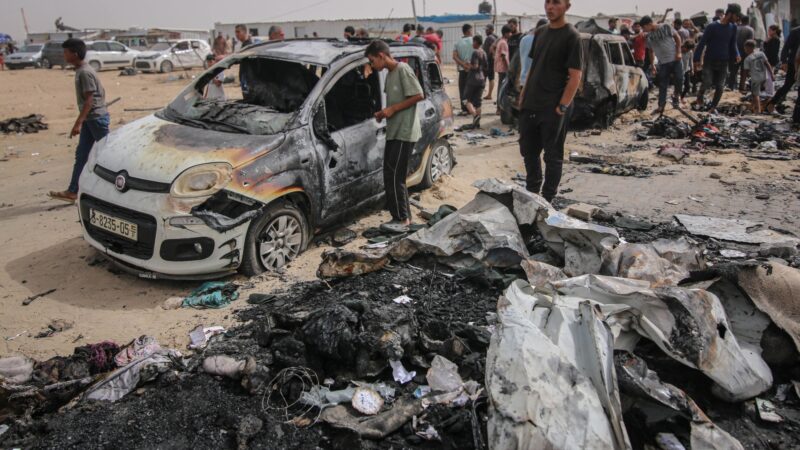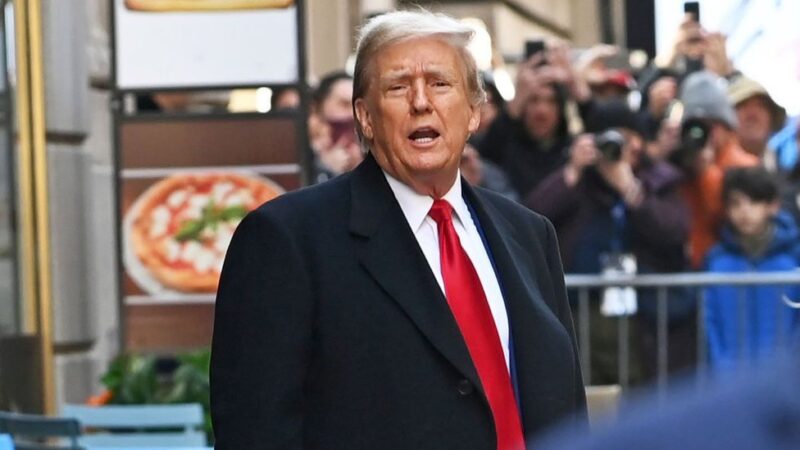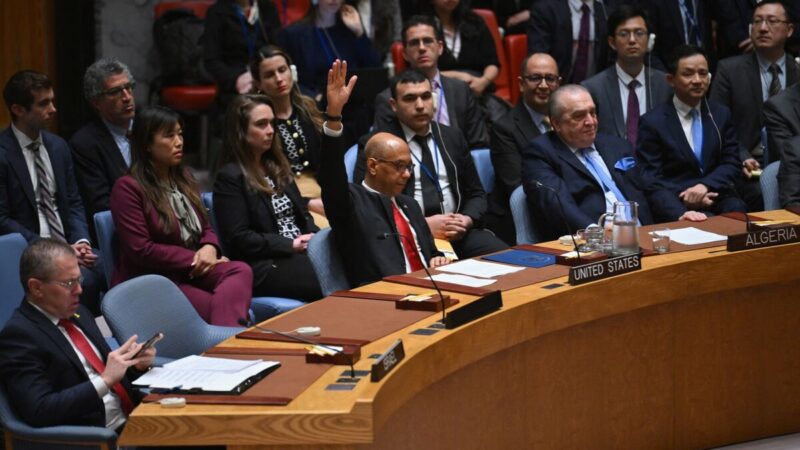India Requests Canada to Withdraw Diplomatic Staff Amid the Escalating Crisis

India has called for Canada to withdraw approximately 40 of its diplomatic staff from India, marking a significant escalation in the ongoing diplomatic crisis between the two nations. Those who remain beyond October 10 may lose their diplomatic immunity, as initially reported by the Financial Times.
The crisis emerged when Canada suggested that India may have been involved in the assassination of a Sikh separatist leader on Canadian soil. India vehemently denied the allegation. Since this dispute began, India has asked for parity in diplomatic missions, given that Canada has a more extensive diplomatic presence in Delhi than India has in Ottawa.
Canadian Prime Minister Justin Trudeau stated that he does not seek to further escalate tensions with India. He emphasised Canada’s commitment to engage responsibly and constructively with the Indian government.
The heightened tensions between India and Canada, traditionally close allies, stem from Trudeau’s statement in September suggesting Indian involvement in the killing of Hardeep Singh Nijjar on June 18. Nijjar, a Canadian citizen, was shot dead by two masked gunmen near a Sikh temple in British Columbia. India had designated him as a terrorist in 2020.
India rejected the accusation but expressed its willingness to examine any specific information provided by Canada. Both countries subsequently expelled a diplomat from the other’s nation.
On September 21, India ceased issuing visas to Canadian citizens, citing “security threats” at its missions in Canada. India also called for parity in rank and diplomatic strength between the two countries’ diplomatic missions, citing Canadian diplomatic interference in its internal affairs.
Canada announced a reduction in its personnel in India, citing threats to diplomats on social media amid heightened tensions. Despite this, Canada’s visa services in India remain operational.
The United States, the United Kingdom, and Australia have urged India to cooperate with Canada’s investigation into the matter.
The Indian government has consistently reacted strongly to the demands of Sikh separatists in Western countries advocating for Khalistan, a separate Sikh homeland. Hardeep Singh Nijjar was an active supporter of the Khalistan movement, which saw a violent insurgency in India’s Sikh-majority Punjab state in the 1980s that was eventually suppressed by force.

